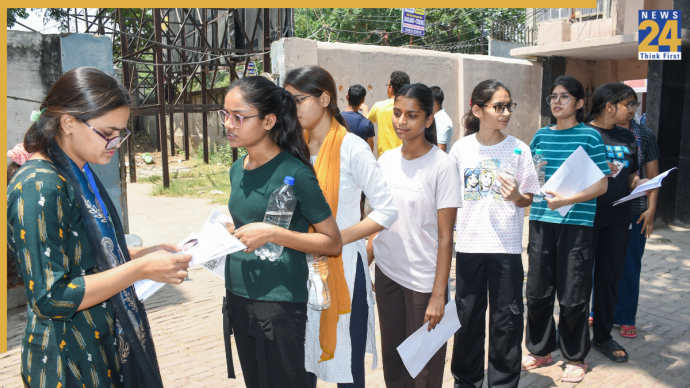New Delhi: Despite global challenges, the Indian economy is expected to grow around 7% in fiscal 2022-23, according to Finance Minister Nirmala Sitharaman, citing a favourable domestic policy climate and a focus on critical structural reforms.
Sitharaman made her comments during her speech at the international monetary finance committee’s (IMFC) plenary session on Friday.
She noted that the meeting is taking place at a time when several major downside risks are obscuring the outlook for the world economy, including a slowdown in major economies, effects on other countries due to the ongoing geopolitical situation, and inflationary pressures brought on by rising food and energy prices that have harmed weaker economies.
The Indian economy will continue on its current track and is anticipated to expand by 7% in FY 2022–2023 despite global headwinds. According to her, this is a result of the favourable domestic policy climate and the government’s focus on important structural reforms to spur growth.
Also Read: PM Modi dedicates 75 Digital Banking Units in 75 districts
She informed the IMFC members that the Indian government had taken steps to safeguard growth while pursuing inflation control.
Through the nation’s extensive public distribution network, the government has, for the past 25 months, made free food grains available to more than 800 million needy families, she stated.
The government has made it a top priority to provide last-mile financial services to the underprivileged, and India’s digital public good infrastructure has made this possible.
According to Sitharaman, India is currently setting the standard for innovation in digital payments because to the lowest transaction costs worldwide.
Also Read: Prices of gold, silver released, check revised rates HERE
The conclusion of the 16th General Review of Quotas (GRQ) by December 15, 2023 is crucial for enhancing the voting rights of emerging market economies (EMES), according to Sitharaman, who emphasised that the IMF needs to increase resources available for emerging and low-income countries to safeguard the global financial system.
India’s voting shares in the multilateral lending organisation are determined by its quota in the IMF, which is 2.75 percent. The US’s quota is 17.43 percent, whereas China’s is 6.4%.
The IMF can evaluate the sufficiency of quotas in regard to both the members’ financing needs for their balance of payments and the Fund’s capacity to assist in addressing those needs through a general review.
Sitharaman noted that the increased debt distress in many low-income countries poses a significant downside risk to the global recovery, and that it is crucial that the IMF offers the necessary assistance to address the vulnerabilities associated to the balance of payments.
Also Read: CBI files chargesheet against former DHFL CMD, 74 others in bank fraud case
She therefore praised the IMF’s recent proposal to create a new food shock window to assist nations in addressing food insecurity.
She emphasised the significance of a multilateral strategy with the principles of equality, shared but distinct responsibilities, and respective capabilities in relation to climate change.
Through its updated Nationally Determined Contributions, which show India’s commitment to decoupling economic growth from greenhouse gas emissions at the highest level, the country has outlined an ambitious climate action route.
According to Sitharaman, the transfer of climate funding and low-cost climate technologies from industrialised to developing countries has taken on essential importance.
Read More :- Latest Business News













